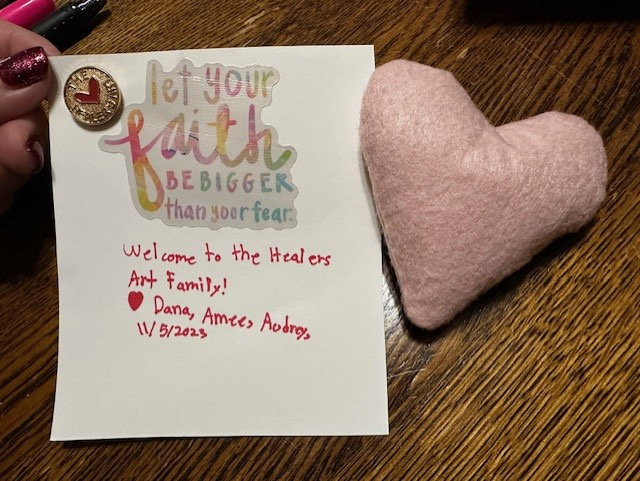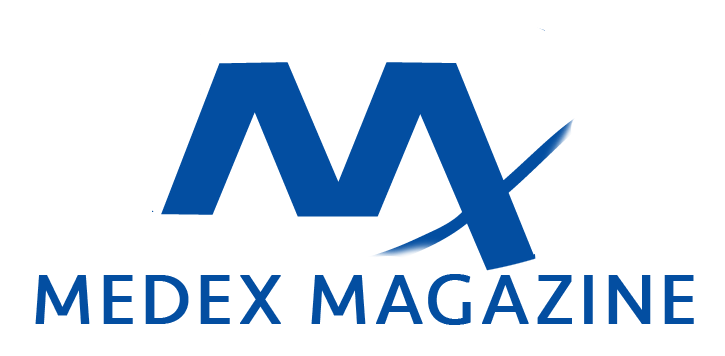The Healer’s Art program has connected minds and experiences within the medical profession for decades and strengthened personal commitment toward the work therein. First started in 1991, the course was developed by Rachel Naomi Remen, MD. According to Dr. Remen, it offers “a safe learning environment for a personal in-depth exploration of the time-honored values of service, healing relationship, reverence for life, and compassionate care.”
Thousands of educators across the United States and the world regularly train for this program at the Remen Institute for the Study of Health and Illness (RISHI), in order to offer it in schools on a national and international level. The interdisciplinary course was first offered at the University of Washington in the early 2000s and remains a part of the elective medical program today. The elective course provides a unique experience with mindfulness and growth to students in the MEDEX Northwest PA program at the UW by facilitating conversations between providers and professionals.
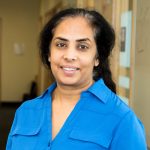
“Since most of the classes in the medical program are science-related, students never get the time to look inward—to look at themselves and examine themselves,” says UW Healer’s Art Program Co-Director Amee Naidu, MMS, PA-C. “It’s highly important when you’re doing patient care.” She has been instrumental in the growth of the program at UW and continues to connect with students and providers regarding its impact.
According to Naidu, who is also the MEDEX Associate Program Director of Student Affairs and Chair of the Student Progress Committee, it is important for clinicians to understand relationships while attending to patients and to ensure that they are presenting as their “individual self.”
“There is a need to build an emotional connection with yourself and your thoughts, and acknowledge them within that moment,” Naidu says.
This is precisely what the Healer’s Art program strives to instill in students. The course structure includes five meetings, each three hours long, in which students get the opportunity to connect with each other. The meetings are conducted by professionals from all over the country. According to Naidu, the discussions are a way to share experiences, particularly with grief and loss, in a highly confidential manner.
“A unique part of this course is that all facilitators take part equally as the students [do],” Naidu said. “It’s important because we’re demonstrating our own vulnerability with them.”
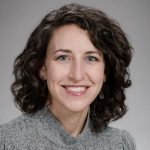
Co-Director Dana Dieringer, MD, also overlooks the logistics of the course and leads the recruitment process for facilitators. Additionally, Dr. Dieringer has been instrumental in screening students to enroll them in the program across the medical and health sciences fields. Both Naidu and Dr. Dieringer have been heading the UW course since its mode of instruction shifted online in response to the COVID-19 pandemic. “This shift made the course accessible to a larger number of students, who can now take it remotely,” Naidu says.
Along with recruitment, they help design the core curriculum and administer the concepts within the classroom.
“The idea is that we’re trying to implement the wholeness within medicine, understanding that systems of healthcare and other societal kinds of systems intersect,” says Dr. Dieringer. “We’re trying to teach students the power of listening without an agenda—and bearing witness to our experiences.”
The UW Healer’s Art course is structured to cover multiple topics across the five meetings, which are primarily hosted in large group sessions. The meetings cover mindfulness activities, reflective work, and “seed talks” wherein students narrate their personal experiences which are then woven into their professional sphere.
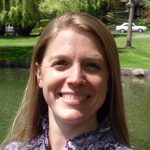
“The space becomes even more rich and dynamic because of all the different experiences that the students bring; because of their different backgrounds; because of their different goals,” says MEDEX academic coach Audrey LaRue. “It helps build community and relationships within the profession.”
The Healer’s Art course is offered in the fall quarter to students from the Medicine, Pharmacy, Nursing, Social Work, Dentistry, Public Health, and MEDEX programs. Registration is limited to 40-50 students per quarter.
“Ultimately, we want to be listening to what students and facilitators bring to the table,” says Naidu. “Even though we are medical professionals, I like to call us healers.”
